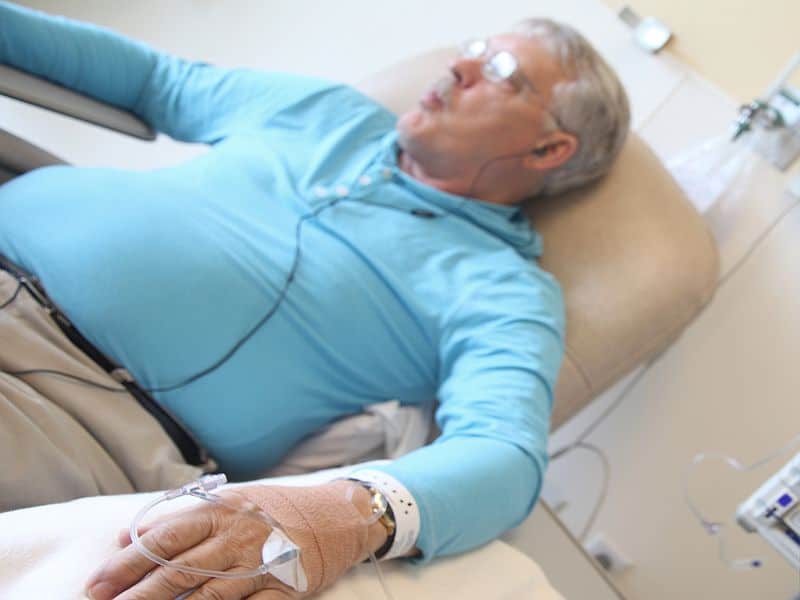WEDNESDAY, Aug. 22, 2018 (HealthDay News) — Rural and urban cancer patients with uniform care access through participation in a SWOG (formerly the Southwest Oncology Group) treatment trial have similar outcomes, according to a study published online Aug. 17 in JAMA Network Open.
Joseph M. Unger, Ph.D., from SWOG Statistics and Data Management Center in Seattle, and colleagues conducted a comparative effectiveness retrospective cohort analysis involving 36,995 cancer patients from all 50 states enrolled in 44 phase 3 and phase 2/3 SWOG treatment trials. Geographic distribution and survival outcomes were compared for rural versus urban patients.
A total of 19.4 percent of the patients were from rural locations. The researchers found that rural patients were more likely to be aged 65 years or older, were less likely to be black, were similar with respect to sex, and were well-represented within major U.S. geographic regions. Similar clinical prognostic factors were observed. Significantly worse overall and cancer-specific survival was seen for rural patients with adjuvant-stage estrogen receptor-negative and progesterone receptor-negative breast cancer (hazard ratios, 1.27 and 1.26, respectively) in multivariable regression. There were no other statistically significant differences for overall, progression-free, or cancer-specific survival. Regardless of the definition of “rurality,” the results were similar.
“This finding suggests that improving access to uniform treatment strategies for patients with cancer may help resolve the disparity in cancer outcomes between rural and urban patients,” the authors write.
Two authors disclosed financial ties to the pharmaceutical industry.
Copyright © 2018 HealthDay. All rights reserved.



